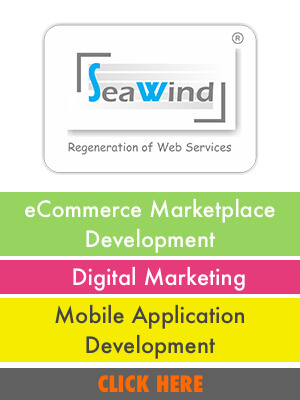Customer Focus: Your e-commerce business should be built around the needs and preferences of your customers. This means understanding their wants, needs, and behaviors and using this information to guide your business decisions.
Product Selection: Choose products that are in demand and relevant to your target market. Consider factors such as price, quality, and customer reviews when making product selection decisions.

User-Friendly Website: Your website should be easy to navigate, visually appealing, and optimized for mobile devices. Ensure that the checkout process is simple and secure.
Marketing Strategy: Develop a comprehensive marketing strategy that includes search engine optimization, email marketing, social media marketing, and other tactics to drive traffic to your Website and convert visitors into customers.
Supply Chain Management: Efficient supply chain management is critical for the success of your e-commerce business. Ensure that you have a system in place to manage inventory levels, shipping, and returns.
Payment Processing: Choose a payment processor that offers a range of payment options and implements the latest security measures to protect sensitive customer data.
Customer Service: Providing excellent customer service is essential for building customer loyalty and trust. Respond to customer inquiries quickly, resolve any issues in a timely manner, and go above and beyond to exceed customer expectations.
Data Analytics: Utilize data analytics to track key metrics such as website traffic, conversion rates, and customer behavior. Use this information to make data-driven decisions to optimize your e-commerce business.
Continuous Improvement: Stay up-to-date with the latest e-commerce trends and technologies, and continuously evaluate and improve your business processes and customer experience.







Post your comments
You must be logged in to post a comment.